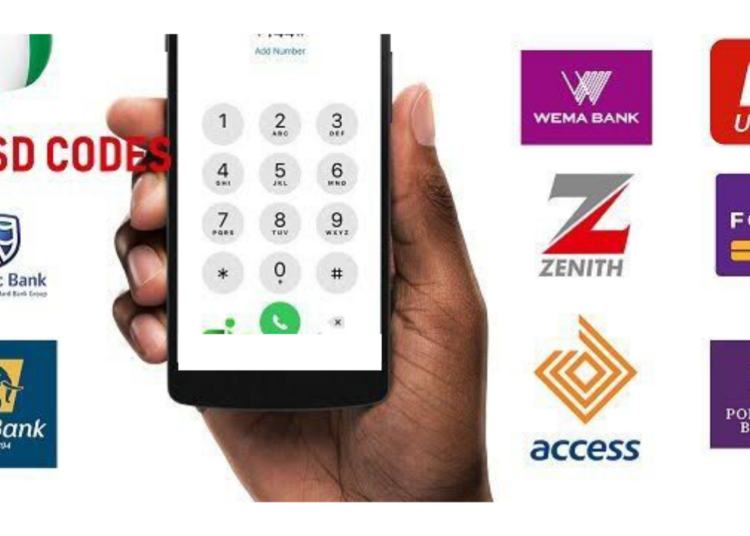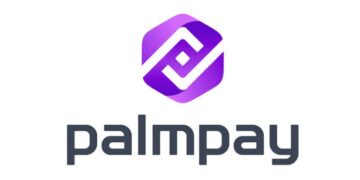The banks will soon commence payment of the lingering N120 billion debt they owed on the Unstructured Supplementary Service Data (USSD), provided by telecom operators.
Recall that the USSD was introduced as part of efforts to ensure financial inclusion in Nigeria. The service is being provided by telecom operators to the banks. The origin of the problem started when the banks insisted on end-user billing as opposed to corporate billing.
The executive vice chairman, Nigerian Communications Commission (NCC), Prof. Umar Danbatta, who disclosed this at the Telecom Executives and Regulators Forum 2023 (TERF), organised by the Association of Telecommunications Companies of Nigeria (ATCON) held in Lagos on Thursday, explained that, the banks wanted end-user billing, while insisting that it cannot work since operators are providing the service to the banks, and not to their customers.
“The banks charge their customers for the service, and they are to pay the telecom operators in the form of corporate billing, which is neat. Then along the way, there was a misunderstanding and the debt kept piling until it reached a humongous amount of over N100 billion.
“Even at that, the service was still being provided to customers by the banks using the telecom infrastructure and the telecom operators were not being paid. This was despite the intervention of the immediate past minister,” Danbatta explained.
Following series of meetings between NCC, telecoms operators, the banks and the acting governor of the Central Bank of Nigeria (CBN), Folashodun Shonubi, a consensus was reached, Danbatta averred, as the banks have agreed to clear the accumulated debt and continue to pay for the USSD service going forward under the corporate billing term.
Speaking on the theme of the Forum: “Success Factors and Barriers to National Broadband and Digital Economy Aspirations,” EVC said, in this era of rapid technological advancement, achieving a nation’s national broadband and digital economy aspirations requires careful planning, and investment.
This is even as he disclosed that the commission has formulated the Nigerian National Broadband Plan 2020-2025 (NNBP). “According to the Plan, we intend to achieve 30 per cent broadband penetration in 2020; 50 per cent in 2023 and 70 per cent in 2025. Presently, we are at 47.2 per cent broadband penetration and I am very optimistic we will achieve the 50 per cent target by the end of the year,” he assured.
Meanwhile, the president, ATCON, Mr Tony Izuagbe Emoekpere, said the ICT has recorded great success in recent times, but could do better if challenges like universal broadband are addressed.
“This is one of the reasons we came up with the Forum, which has provided a platform for regulators, operators and critical stakeholders to come together to address key issues hampering the development of the ICT sector.
“We, at ATCON intend to use this platform to bring out those unpronounced challenges and proffer solutions to them. At the end of the meeting, a communique will be issued,” he stated.
We’ve got the edge. Get real-time reports, breaking scoops, and exclusive angles delivered straight to your phone. Don’t settle for stale news. Join LEADERSHIP NEWS on WhatsApp for 24/7 updates →
Join Our WhatsApp Channel










